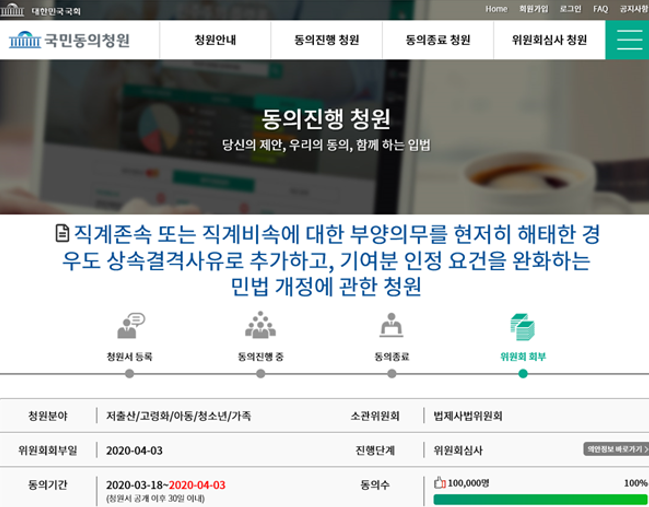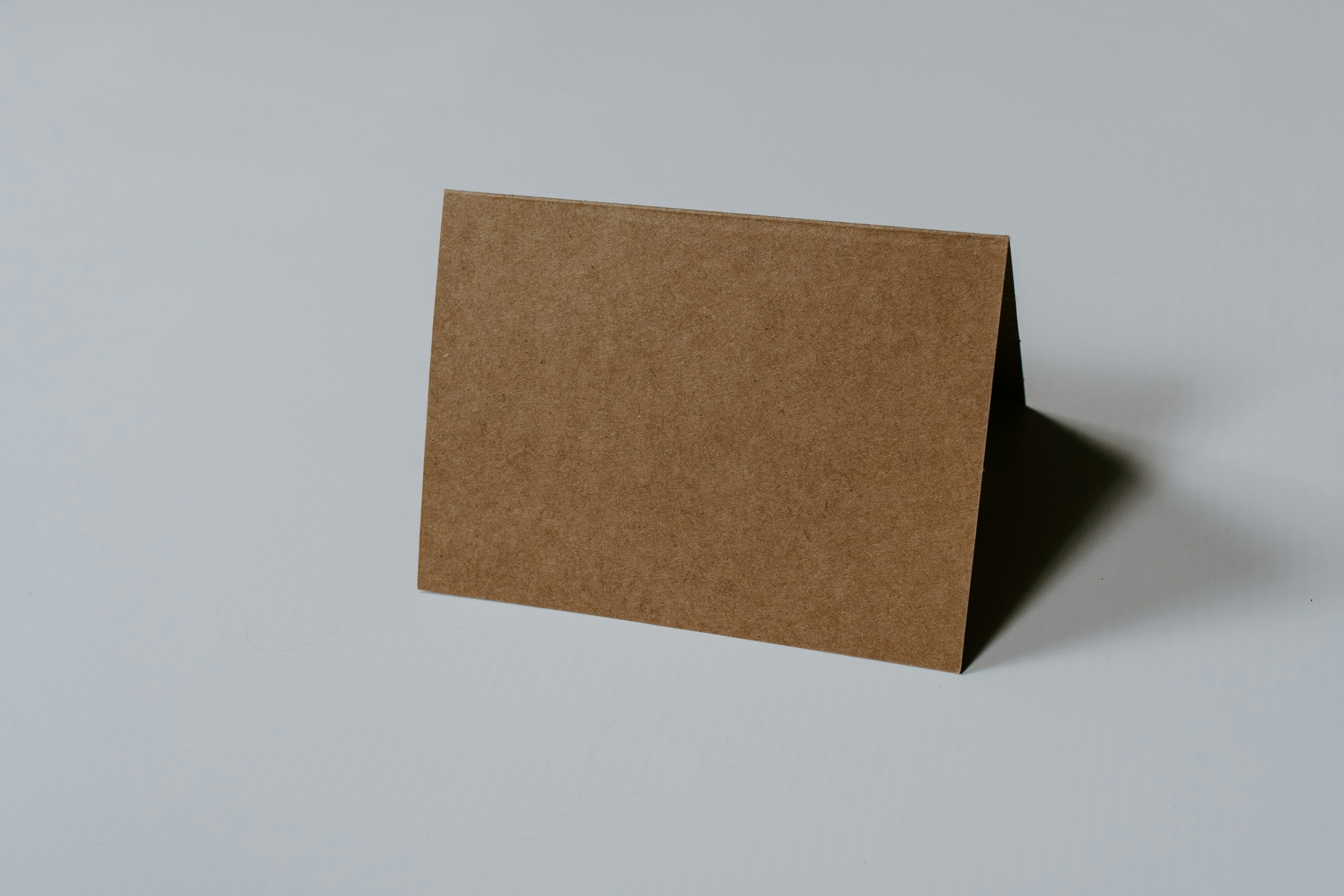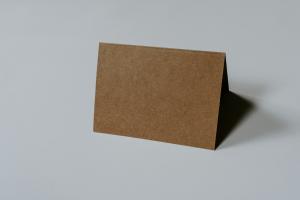A recent petition, to make changes to our family related civil law, has been referred to the National Assembly’s standing committee for consideration. The 100,000 signatures were collected in support of a proposal to amend the law stirred on by the events surrounding the death of k-pop singer Goo Ha-ra. Goo Ha-ra debuted in 2007 as a singer in the idol group ‘Kara’, however her life ended in tragedy when she committed suicide last year. The police cited the main reason for her death was stress from scandals, such as the distribution of sex videos, and assault incidents she underwent with her ex-boyfriend. If the ‘death of Goo Ha-ra’ was a key search term in 2019, the ‘Goo Ha-ra Act’ has surpassed it as a major social issue in 2020
Changes to the legislation were proposed when Goo’s biological mother, who abandoned her when she was 9 years old, showed up at her funeral demanding her share of the inheritance. Goo’s brother, Ho-in said, “It is so unfair that our biological mother, who abandoned us 20 years ago, can inherit my younger sister’s property.” Instead of agreeing, he filed a petition for civil law revision on a government website on March 18 seeking changes to the law that would permit children the right to deprive their parents of any inheritance, if they abandoned their child-rearing responsibilities. He managed to receive 100,000 signatures during the required qualifying period, so Lawyer Roh Jong-un, legal representative for Goo Ho-in, could file a petition with the National Assembly calling for the changes. Roh said, "We need to add a 'person who has significantly idled his or her duty to protect or support his or her lineal ascendants' to the list of grounds for disqualification of inheritance or to expand the scope of recognition by changing the definition of 'special contribution' to a relative concept, determined by comparing it with other coinheritors." In other words, the concept of contribution would change from simply ‘special contribution’ to a relative concept determined by comparing it to the contributions made by other coinheritors
The Dankook Herald (DKH) interviewed lawyer Kim Hye-kyum to learn more about the validity and effectiveness of the ‘Goo ha-ra’ legislation. First, the DKH asked about the legal issues that surround the Goo ha-ra law. Kim said, "Let me give you a brief explanation of the reasons for the Goo ha-ra Law. It is not common for children to die before their parents, nor that the child would have a lot of wealth, as is the case here. However, the current law ranks those who qualify for an inheritance. First the spouse, then any immediate descendants. After that are the parents, then siblings. In this case, Goo Ha-ra’s had no spouse or children, so her parents, then her brother, who has lived with her, are her heirs. This means according to current law, her father and mother would inherit 50 percent of her wealth, while her brother would inherit the other 50 percent. In this situation, Goo Ha-ra's father handed over his inheritance to his son out of regret for not raising his daughter, but her mother, who also abandoned her, remained steadfast and demanded her portion be paid.” We asked Kim there were any other parts to the existing family law that needed revision. She stated, "Yes, because even if a person leaves a will stating what should happen to his or her property, 50 percent of the assets are still divided between other related people. This has its pros and cons. If we didn't have this system, other heirs would be left out, but sometimes, leaving specific people out is the will of the deceased. This law deliberately denies the right of the deceased to choose their own heir.
For our last question, we asked whether she thinks the law might be too ambiguous to apply. "The phrase ‘a person who has significantly betrayed his or her duty to protect or support his or her lineal ascendant or descendant’, seems ambiguous. The criteria for judging what constitutes a betrayal of duties are 'very slack' and may be too ambiguous to be effective.” The enactment of the Goo ha-ra Law is currently being referred to a parliamentary standing committee. Its success in garnering attention from a grassroots campaign has led to increased interest from the public on the topic of our constitution and the need to revise it too. Regardless of whether or not these changes pass, the Goo ha-ra law is meaningful in that it reflects the demands of the people, for necessary revisions to laws that remain hidden among until a tragedy like this reveals them.
 |
| ▲ A petition concerning the revision of the law of Koo Ha-ra (Photo from site of Petitions ) |
김민경, 최윤서 dankookherald@gmail.com

 Vote for the Campus Brand Naming!
Vote for the Campus Brand Naming!

![[Campus Magnifier] Let's Surf the Library!](/news/thumbnail/202404/12496_1765_4143_v150.jpg)




